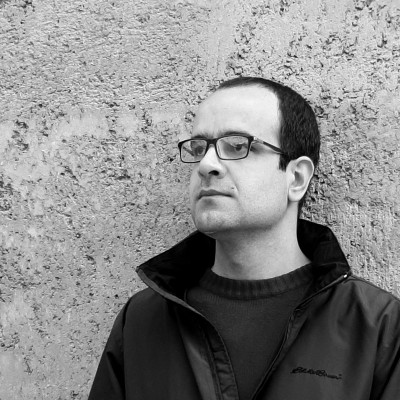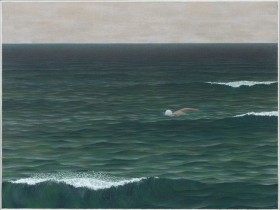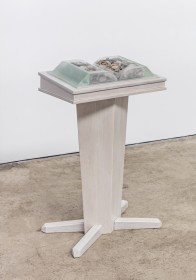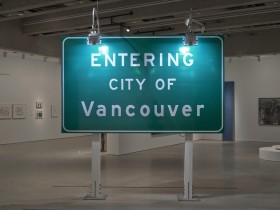Multisensory Museum: Mary E. Wrinch's Sunrise

Mary E. Wrinch. Sunrise, 1928‑1929. linocut in black ink with blind embossing on paper, Sheet: 13.8 × 10.2 cm. Gift of Mary Wrinch Reid, 1969. © Art Gallery of Ontario 69/225.
Multisensory Museum: Mary E. Wrinch's Sunrise
How can artists and designers create more multisensory experiences? OCADU Graduate Students in response to an Inclusive Design Multisensory Museum Course share their co-creative process of translating artworks in the AGO collection into multisensory objects. Students explore a wide variety of techniques to create an inclusive gallery experience in a series of Multisensory Museum Moments.
In this program, Morteza Farhoudi presents a translation of Mary E. Wrinch’s Sunrise (1929), which will provide an immersive multisensory experience by involving four senses of vision, audition, touch, and smell. The artwork translation will be presented as a multisensory 3D model.
Morteza Farhoudi (he/him) is a Behavioral Designer residing in Boroujen, Iran. He has studied Industrial Design in Iran University of Science and Technology. Morteza is interested in investigating the mediating role of artifacts (products, services, environment, policies) in our everyday life, by asking how they can help us act in favour of society?
Closed captioning is available in this recording.
If you require further assistance, please email us at priority@ago.ca
Accessibility Programs
Accessibility Programs
Generously supported by
Generously supported by
With additional assistance from
With additional assistance from



